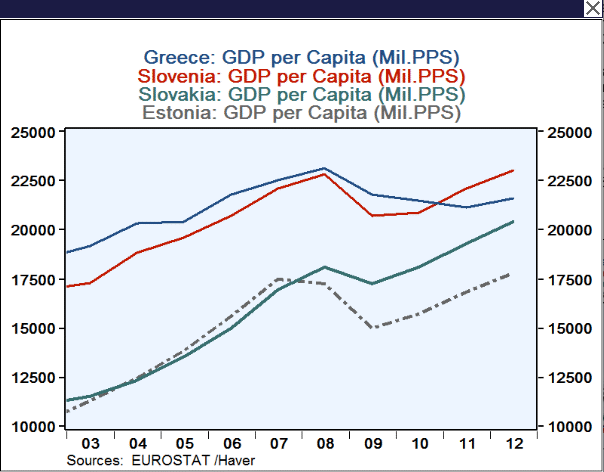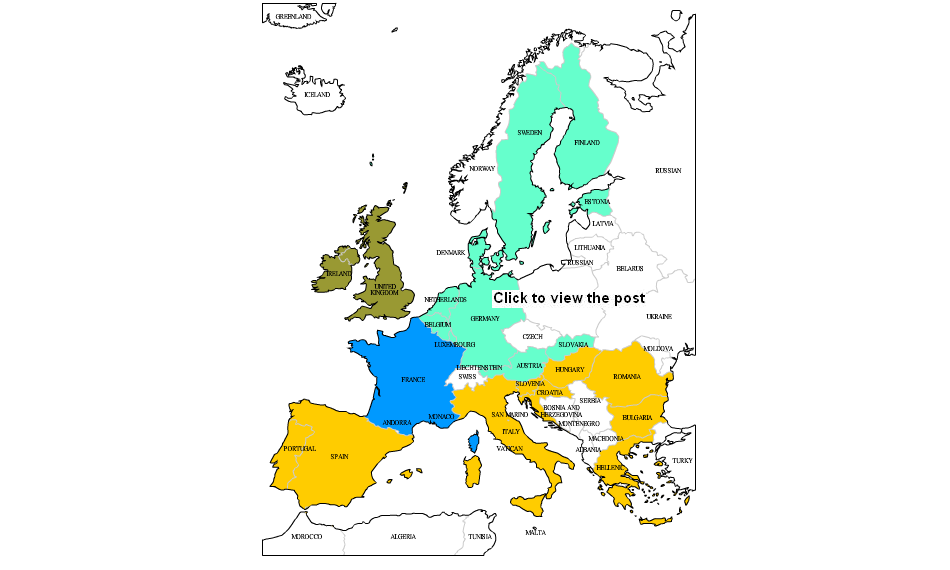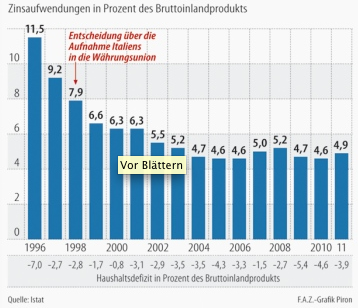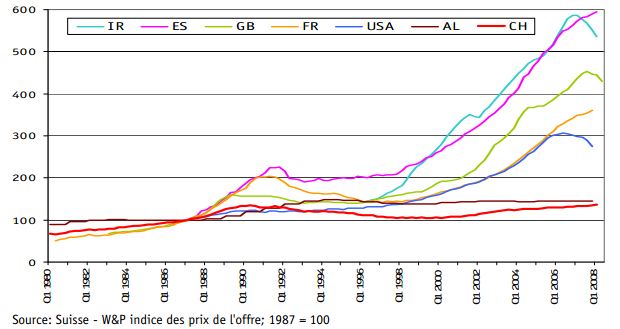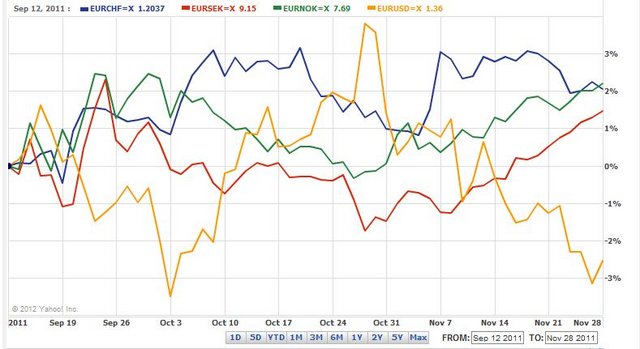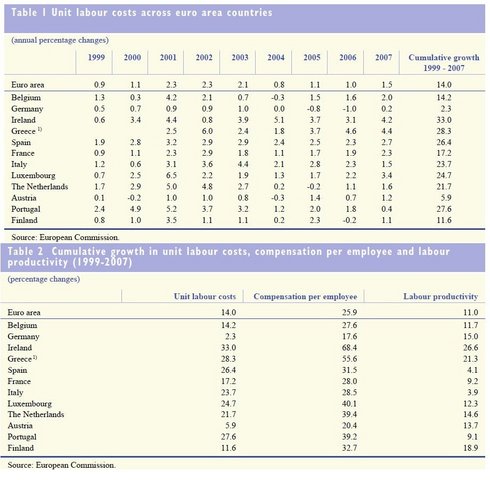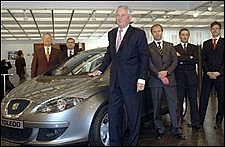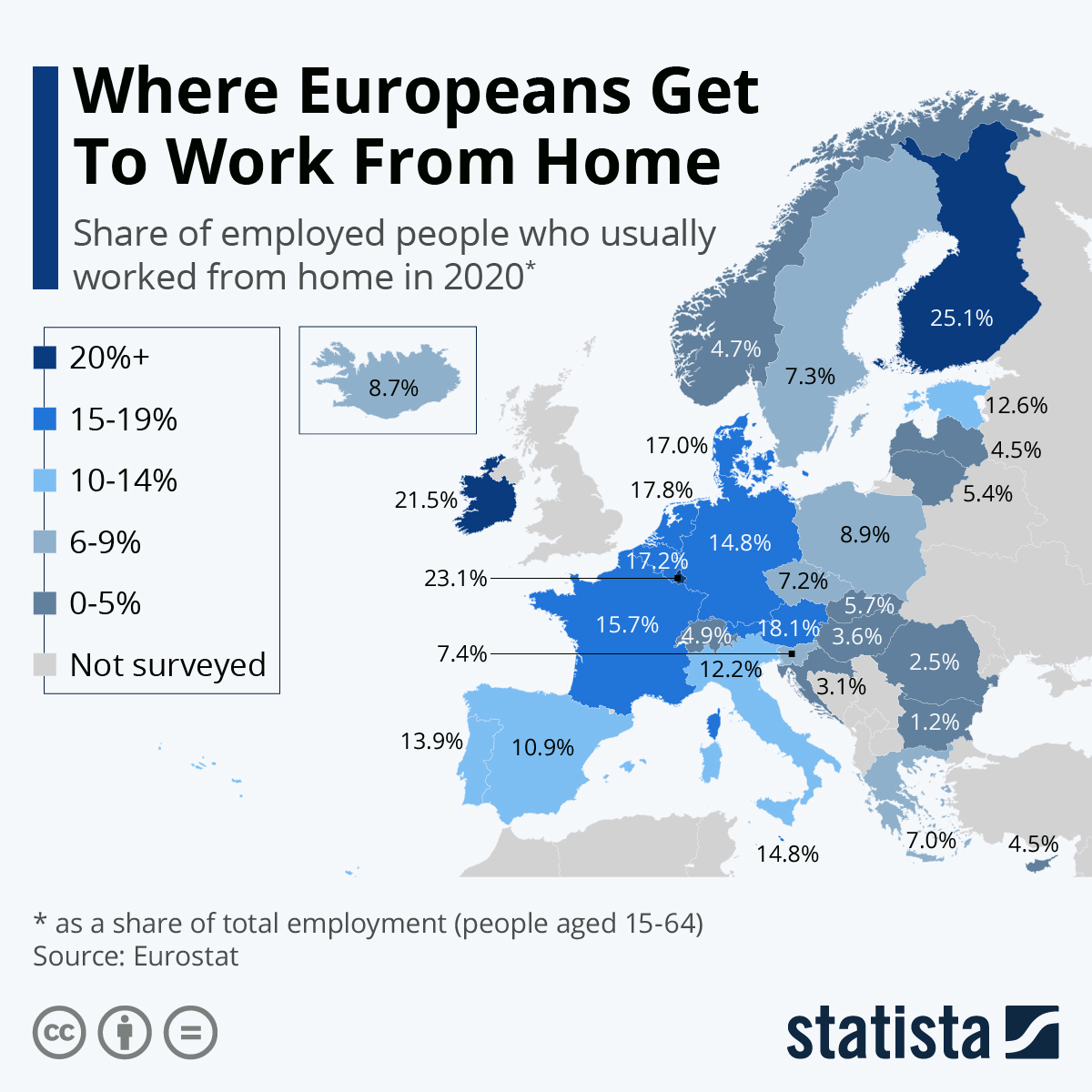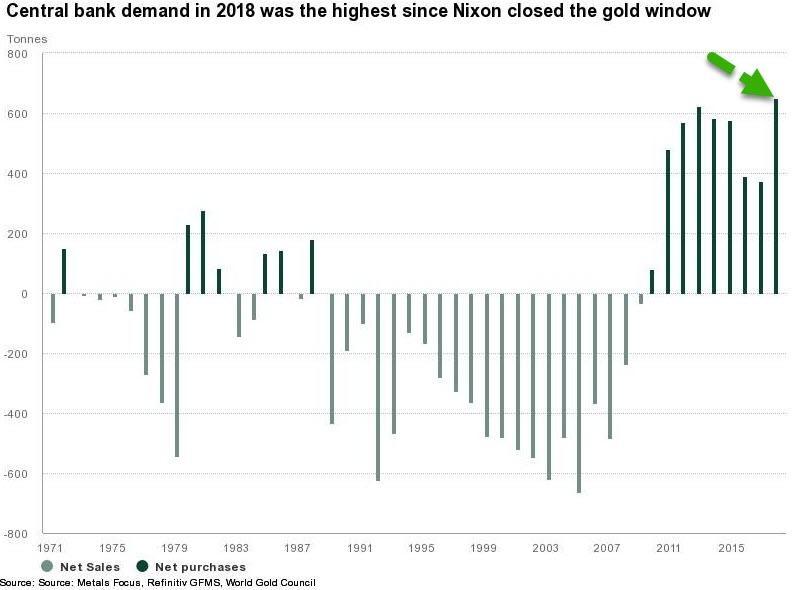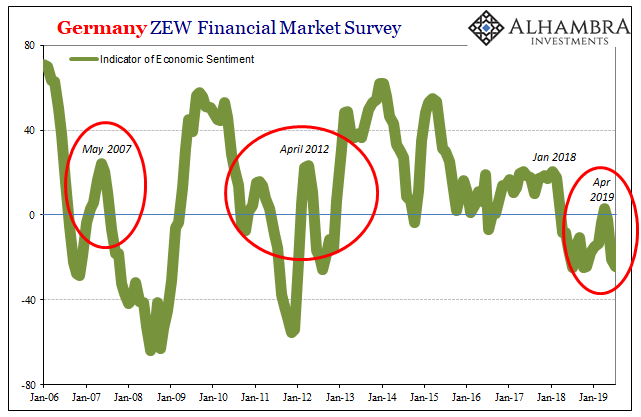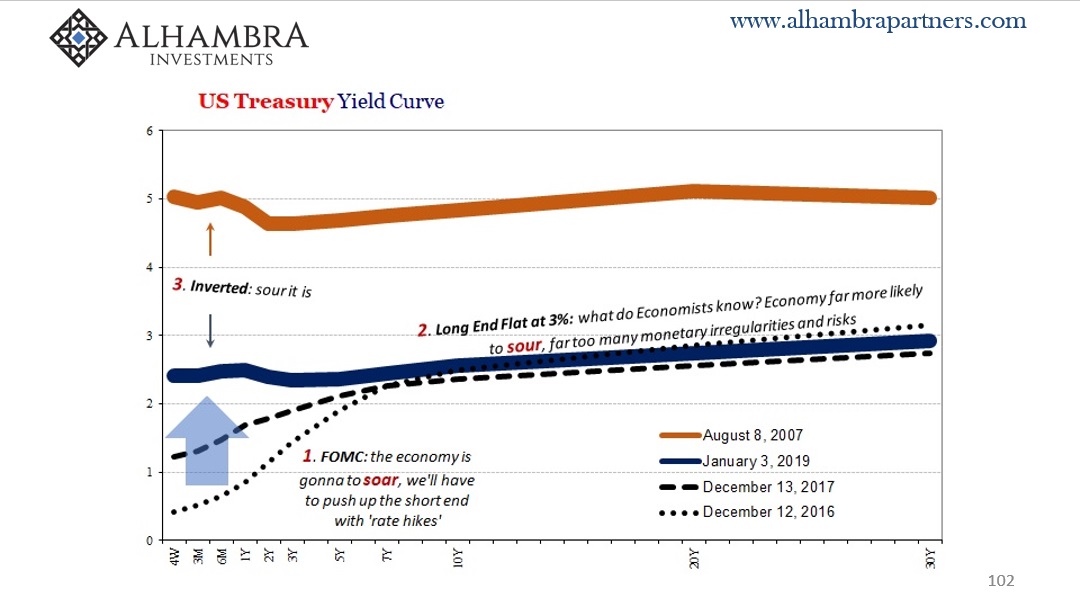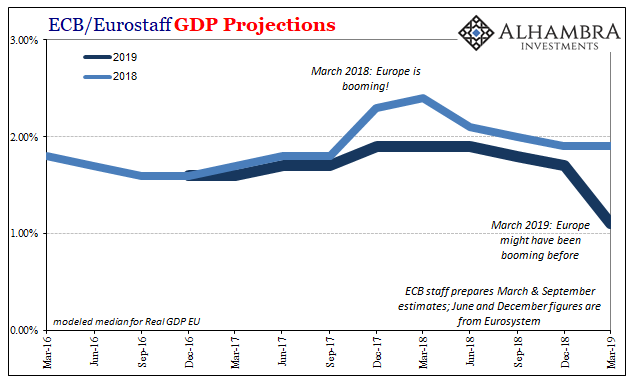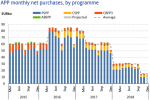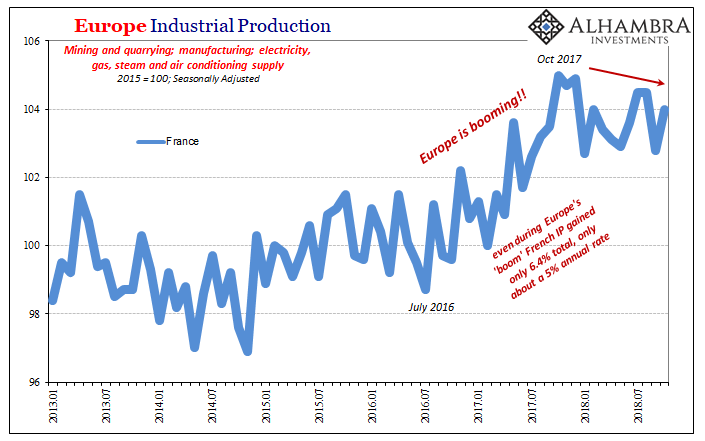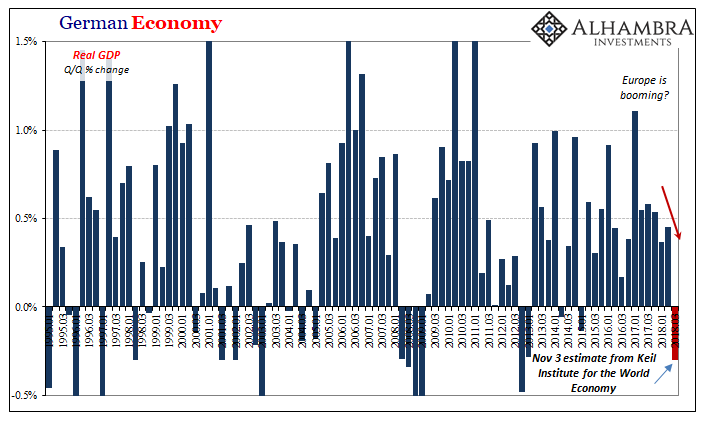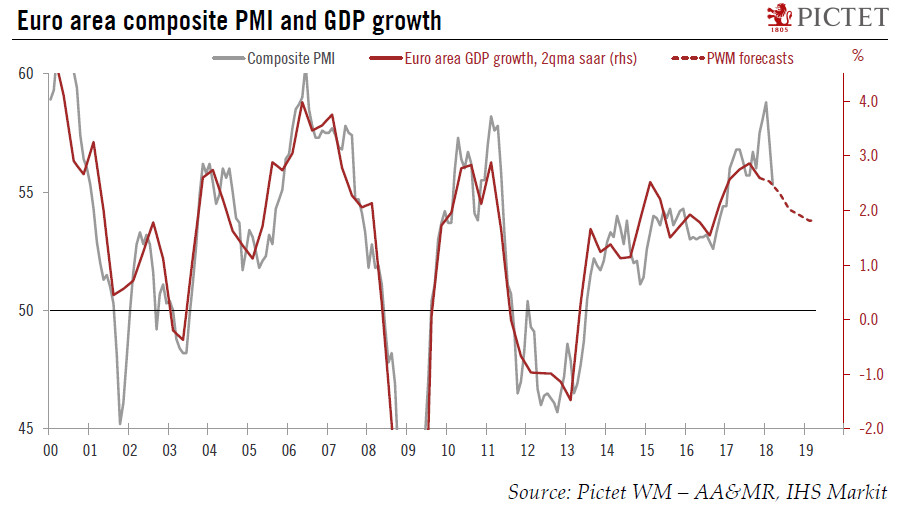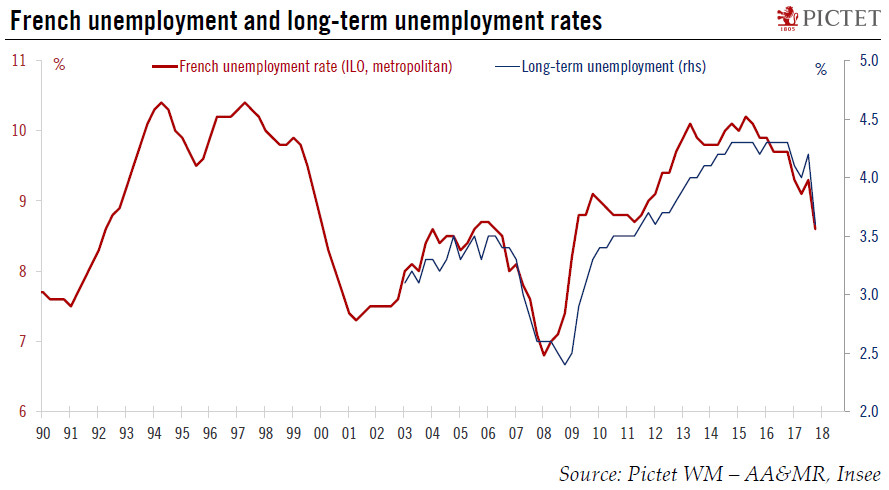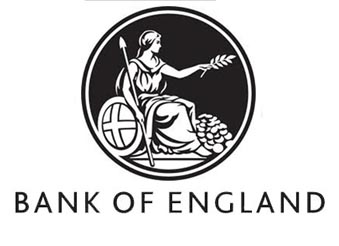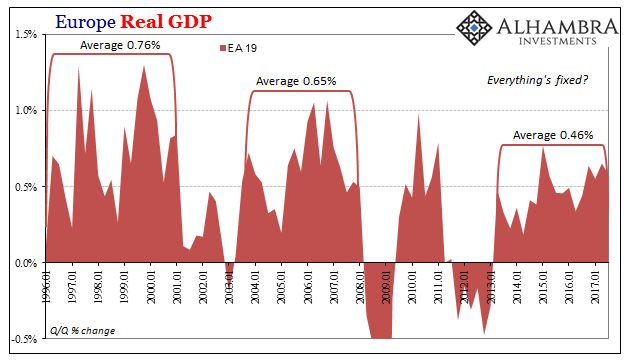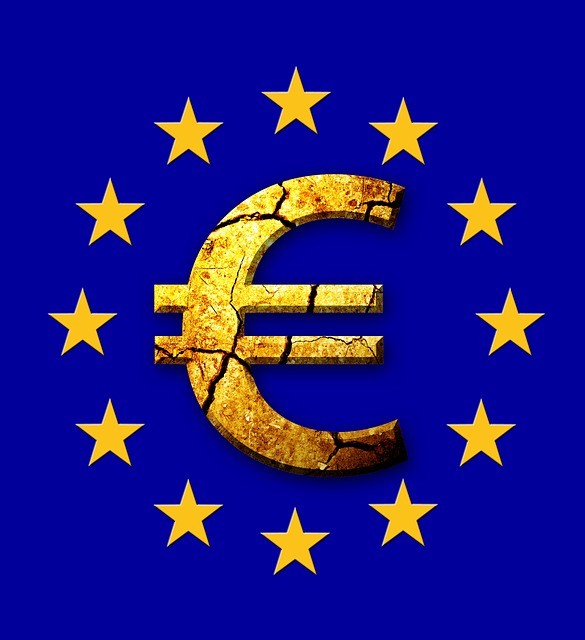Category Archive: 2.) Europe and Euro Crisis
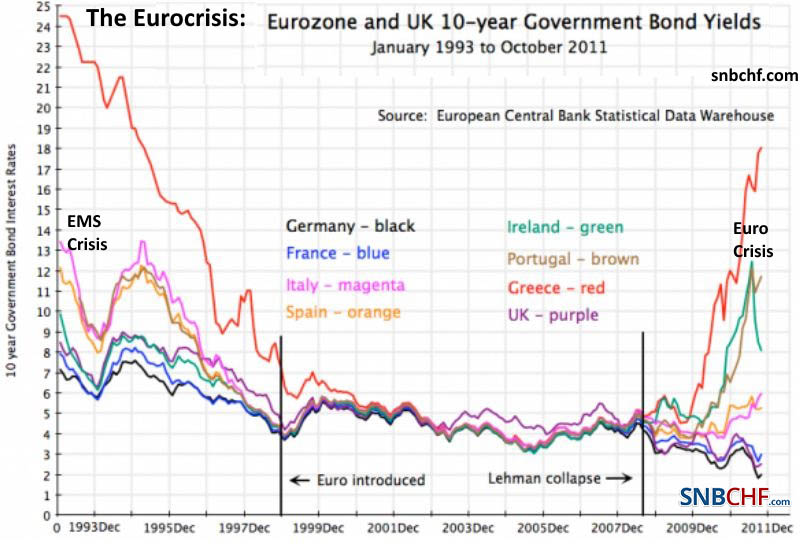
The German supply-side reforms or will German companies take over the PIIGS ?
Words heart on German street in 2010 during the first Greek bailouts were that Germany should obtain the Greek islands as collateral if Greece is not able to pay back the debt to Germany. But even today German n-tv is reporting about many Greek real estate brokers that are currently delling islands. If it is not that type … Continue...
Read More »
Read More »
The Northern Euro introduction: A retrospective from the year 2030
A retrospective from the year 2030 on two decades of failed european integration policy and 10 years of successful disintegration policy The following essay shows that currency regimes come and go over the time. Nothing is stable with the time, especially the use of a currency. What has never happened in history is the use …
Read More »
Read More »
Italy: About the Hypocrisy of Politicians and the Blindness of the English-Speaking Financial Papers
Just a little wrap-up of two tweets read in 5 minutes, to which I finally added a bit more out of my recent Tweets. One Tweet: The British finance minister Osborne has emphasized that the euro zone needs to protect its peripheral economies. “The whole of Europe needs to become more competitive and productive. That …
Read More »
Read More »
Why the Euro Crisis may last another 15 years
Abstract In the following article we will explain which types of crisis occur in the euro area and will argue that this crisis will last at least another fifteen years. (1) Competitiveness crisis: Before the euro introduction peripheral countries regularly saw their currency depreciate against the German Mark and helped them to increase their competitiveness. …
Read More »
Read More »
The new European Save-Havens: Trade SEK/CHF and NOK/CHF
After the announcement of the floor in the EUR/CHF pair, many predicted the Swedish and the Norwegian Krone to take the place of the Swiss Franc as European save-haven against the Euro turmoil (http://on.ft.com/pKSJ1V). Both countries possess a low level of debt, positive trade balance and very competitive economies.
Read More »
Read More »
Jürgen Stark’s resignation and the ECB 2005 warning about labor cost divergence in the Euro-zone
The Wirtschaftswoche reports about the real reasons of ECB Chief economist Jürgen Stark’s resignation. The reasons are rather political, namely a protest against European governments:
Read More »
Read More »
The Spanish Ailing Car Industry
Extracts from Think Spain. October 2005. Foreign companies who manufacture cars in Spain are facing a fresh crisis. In addition to the problems of VW subsidiary Seat, various others are being forced to take decisions about the renewal of a number of different models which are reaching the end of their life-cycles. While …
Read More »
Read More »









